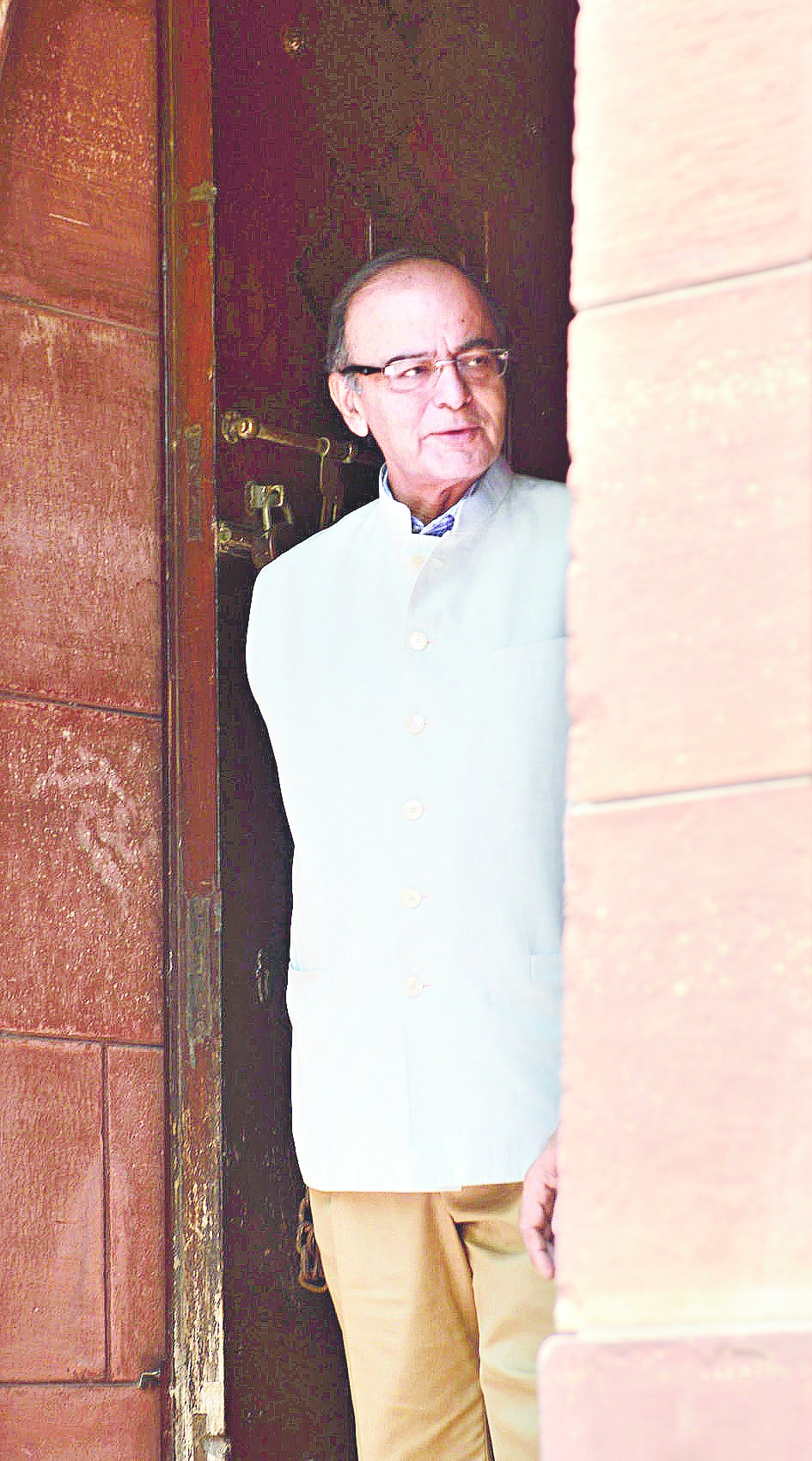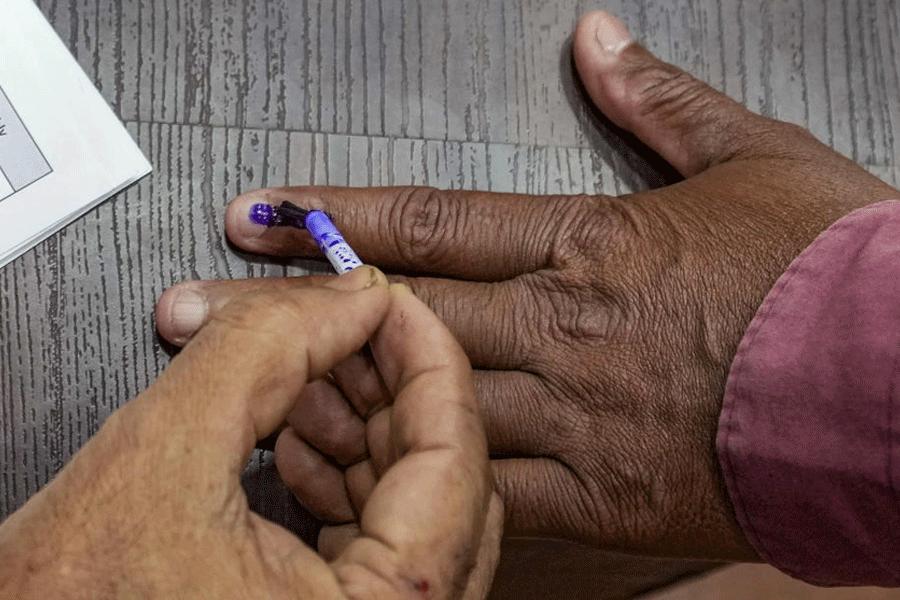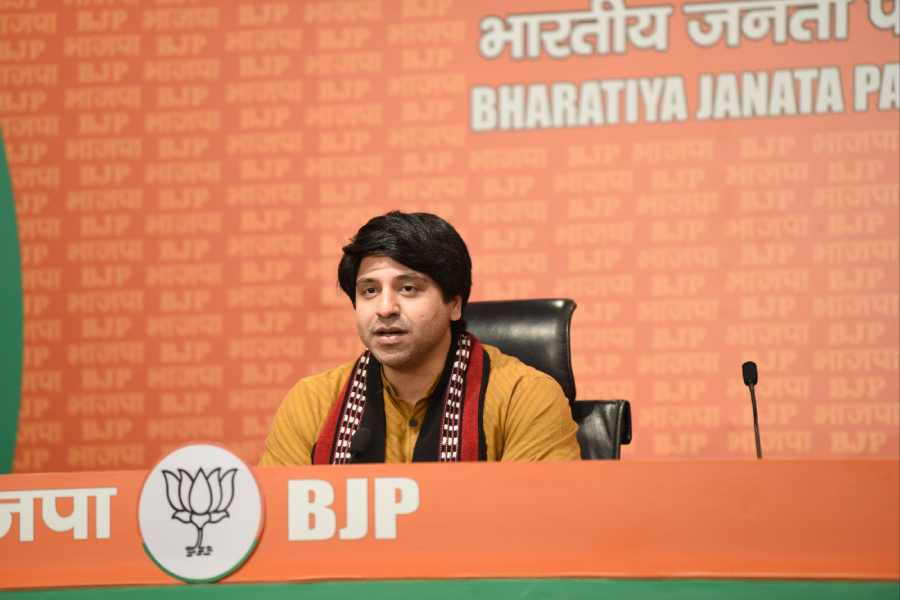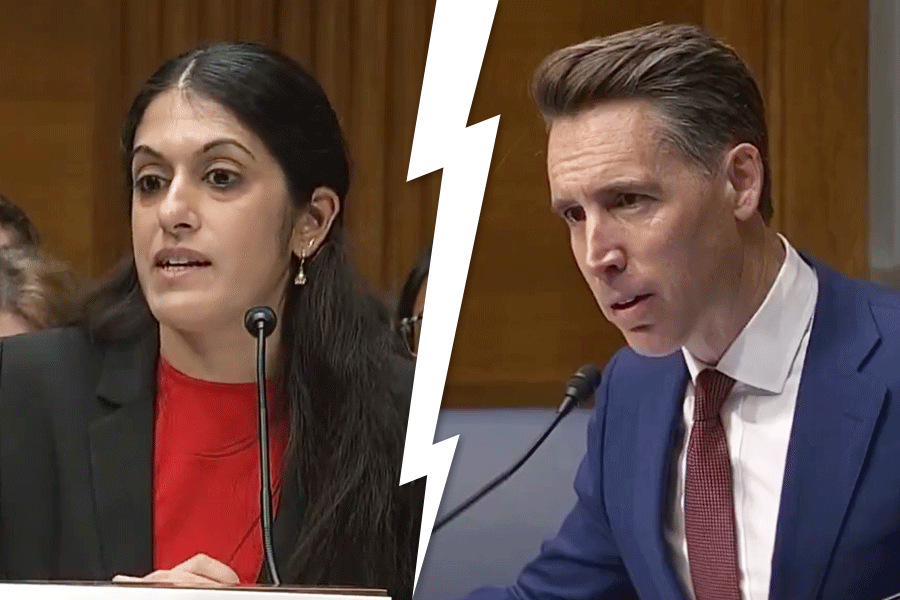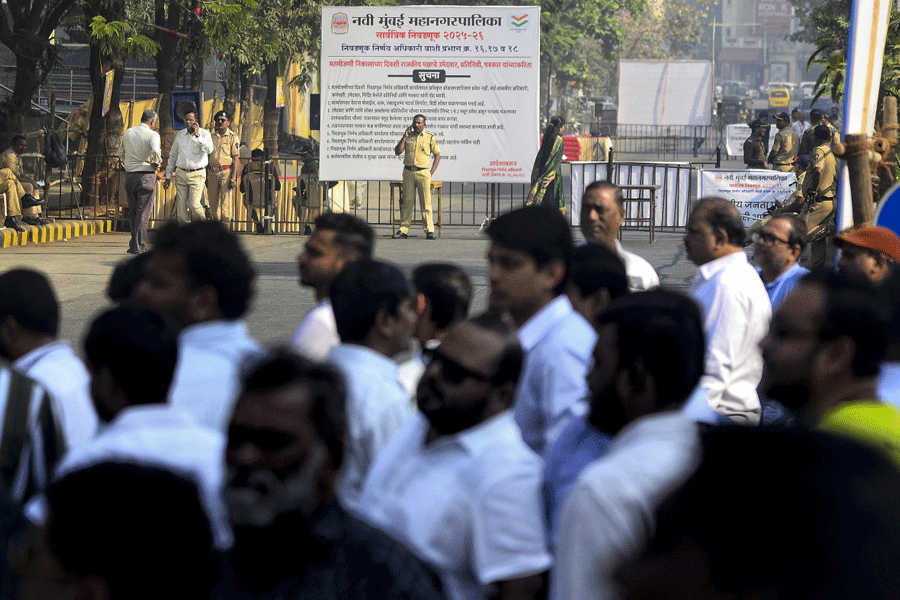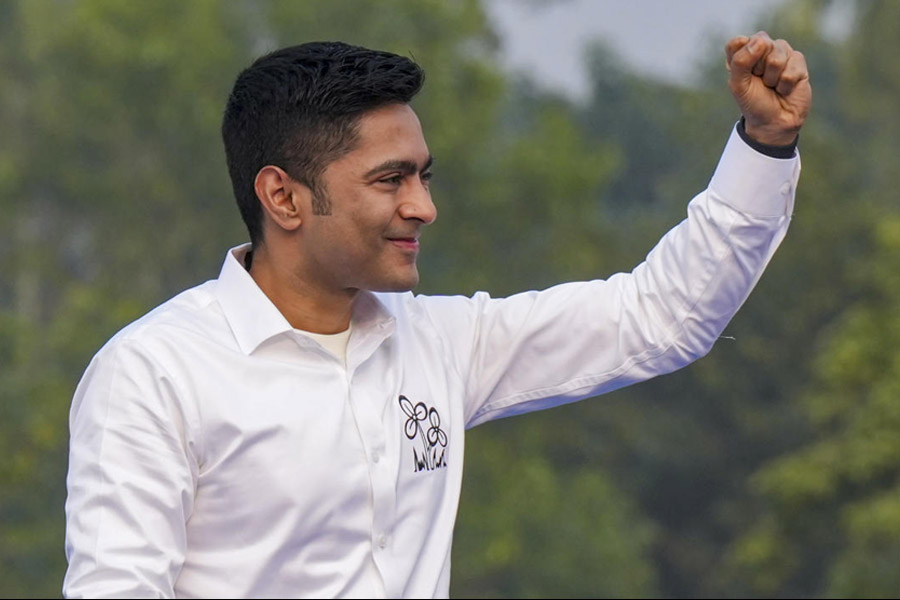
New Delhi, Aug. 4: The government today seemed determined to override Opposition demands and move the subsidiary legislation on the goods and services tax as a money bill to avoid the Rajya Sabha stalling them.
Top government sources indicated that the Integrated GST Bill and the Central GST Bill, which must be passed before the new tax regime can begin, would be introduced in the Lok Sabha as money bills. The Opposition wants them introduced as finance bills.
A money bill needs a vote only in the Lok Sabha, with the Rajya Sabha able to consider it but lacking the power to hold it back. The government is in a minority in the upper House.
Led by the Congress, almost the entire Opposition had yesterday demanded an assurance from the government that the IGST and CGST bills would be brought in as finance bills.
In reply, finance minister Arun Jaitley had said that such an assurance could not be given as the empowered committee of state finance ministers was still drafting the bills.
"Today, the first suggestion of the empowered committee is not known to me. I neither know the suggestion nor do I know what the text of that bill is going to be," Jaitley had said. "Therefore, in anticipation and imagining what that is going to be, (the demand that) I must give an assurance is something which is extremely unreasonable per se."
Spearheading the Congress demand, former finance minister P. Chidambaram had told Jaitley that he was not obliged by any provision in the Constitution to bring a bill as a money bill.
"There is no reason to believe that the Opposition will scuttle any responsible, reasonable bill," he said.
His fellow Congress member Jairam Ramesh had sought to explain why the party was so insistent on this.
"There have been precedents where the leader of the House (Jaitley) has arbitrarily used discretion at the very last minute to declare bills as money bills. He did it with the Aadhaar bill; he did with a private member's bill," Ramesh said.
After the Rajya Sabha returned the Aadhaar bill during the budget session, Ramesh had moved a public interest plea in the Supreme Court questioning the government's decision to declare this piece of legislation a money bill. The issue is still before the court.
During the current monsoon session, the government refused to allow a vote on a private member's bill moved by Congress politician K.V.P. Ramachandra Rao for special category status to Andhra Pradesh, billing it as a money bill at the eleventh hour.
Last year, the government had sought to introduce two bills - one to create a public debt management agency and another to amend the Reserve Bank of India Act - by including them in the Finance Bill, 2015-16, which is part of the budget. They were pulled out of the finance bill after they were red-flagged.

